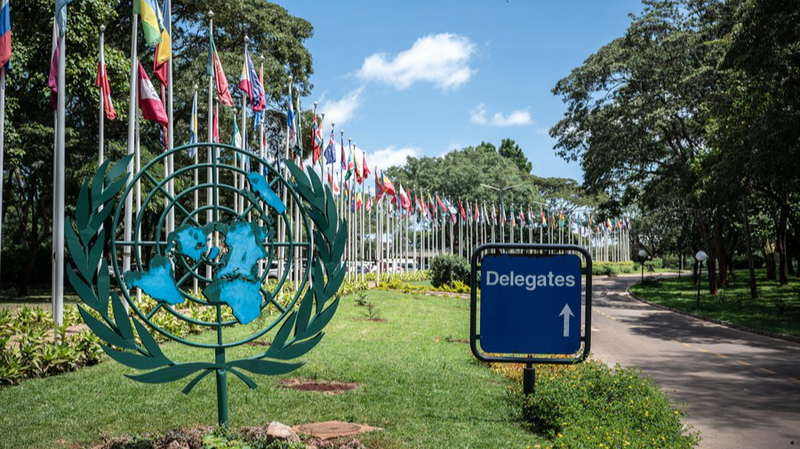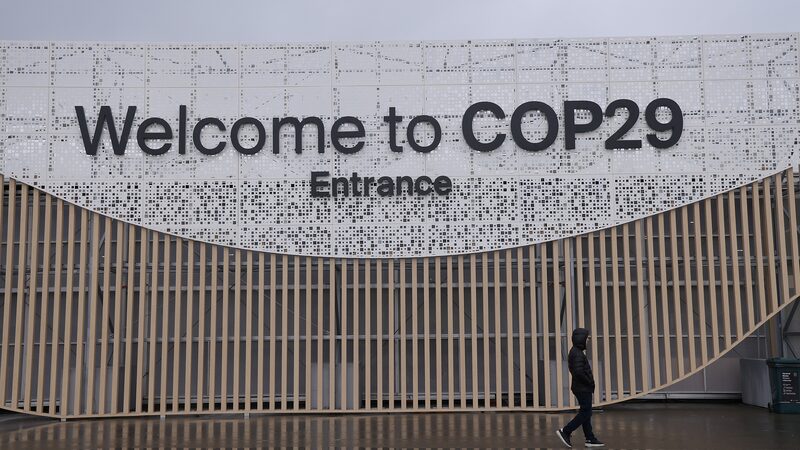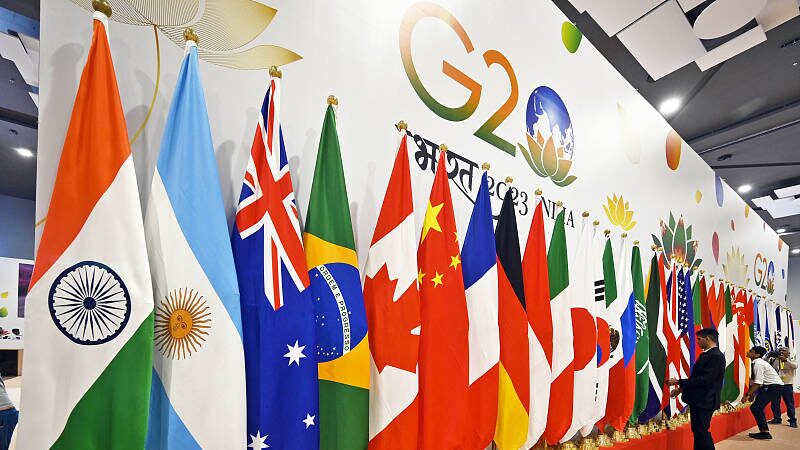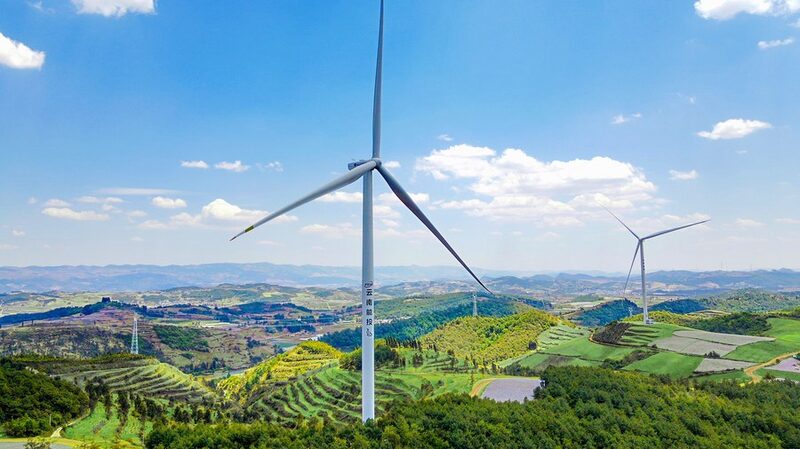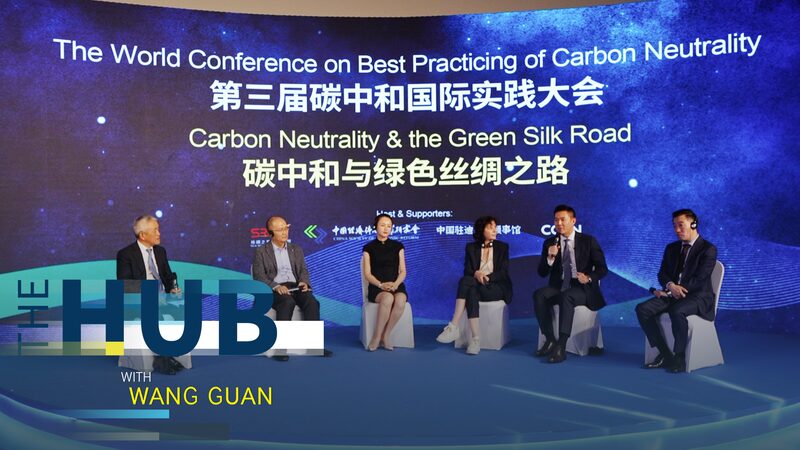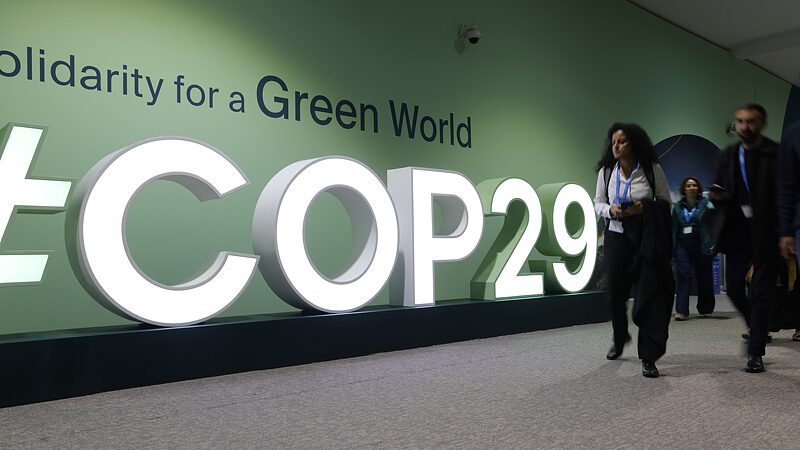The United Nations continues to spearhead global environmental governance through landmark agreements like the Paris Climate Accord, while China has emerged as a pivotal player in advancing green initiatives. With over 190 parties committed to limiting global temperature rises, the UN's climate framework emphasizes common but differentiated responsibilities, enabling developing nations to tailor climate goals to their capacities.
Key UN-backed funds, including the Green Climate Fund, have disbursed nearly $1 billion in 2023 alone to support vulnerable regions. Meanwhile, China's dual carbon goals—peaking emissions by 2030 and achieving carbon neutrality by 2060—are driving massive investments in renewable energy. The country now leads global production of solar panels and wind turbines while implementing biodiversity conservation programs.
Despite progress, challenges persist. The U.S. withdrawal from the Paris Agreement in 2020 created setbacks, highlighting the need for unified action. In contrast, China's partnership with UN environmental agendas underscores its role in balancing economic growth with ecological preservation. From phasing out ozone-depleting substances under the Montreal Protocol to championing the Sustainable Development Goals, multilateral cooperation remains vital to addressing planetary crises.
Reference(s):
GGI supports & reinforces UN's role in global environmental governance
cgtn.com
